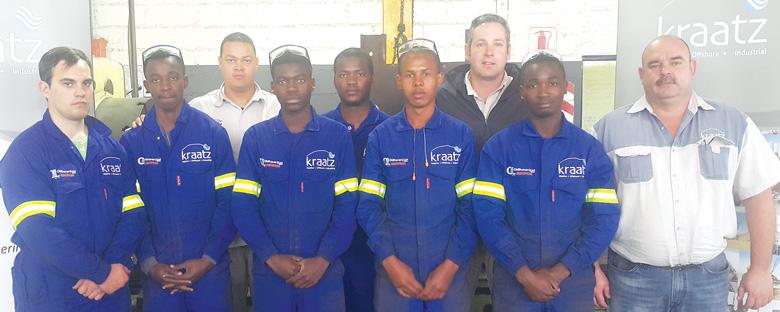
FNCC land more Franco than Namibian

The Minister of Works and Transport, Hon Erkki Nghimtina and the Chairperson of the Franco-Namibian Cultural Centre, H.E. Jean-Louis Zoël, the French Ambassador, signing the agreement which makes the FNCC the owner of the land it is built on, on behalf of their respective governments. (Photograph by Lorato Khobetsi)
When the Franco-Namibian Cultural Centre was created, the government provided the land and the French Government financed the construction of the building.
Speaking to the Economist at the signing ceremony earlier this week, the Minister of Works and Transport, Hon Erkki Nghimtina said the government decided a long time ago to transfer the land to the centre with the aim that both countries should benefit from the respective cultures.
He said since the construction of the building in the 1990s, the government has been in the process of transferring the land to the centre which simply means that the centre is owned by both the Namibian and French Governments.
“It is for us, so that we can take care of all the infrastructure as required, and even if the trustees do something automatically, both of us are responsible for this centre. The agreement stipulates that if it happens that the Franco-Namibian Cultural Centre is no more there then the property remains that of the Government of Namibia but I think that this one is everlasting,” he said.
The Director of the FNCC, Jean-Paul Martin said that the donation of the land to the centre means that the two governments have a very good relationship, and that the deed of the property belongs to the centre and not to the French Government.
“There have been negotiations and discussions, it was just a question of technicalities. There were two erven on this place and they had to be consolidated into one. So it required a lot of work from the different administrations at the City of Windhoek. The centre now owns that building and the land,” he said.
The Director also stated that the FNCC has no plans to expand to other towns in the country but would rather expand its programmes to accommodate more young people.













































